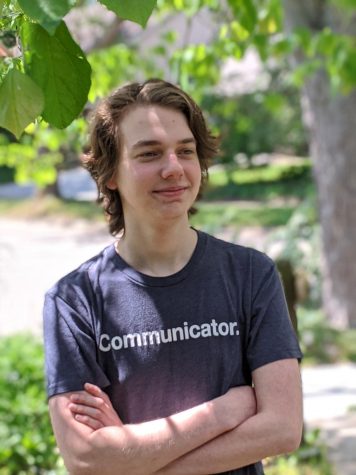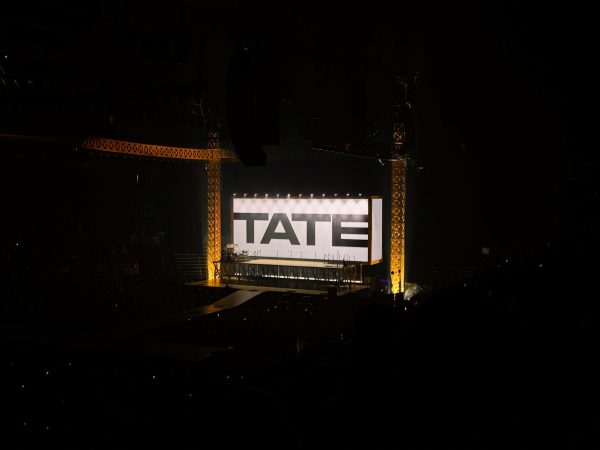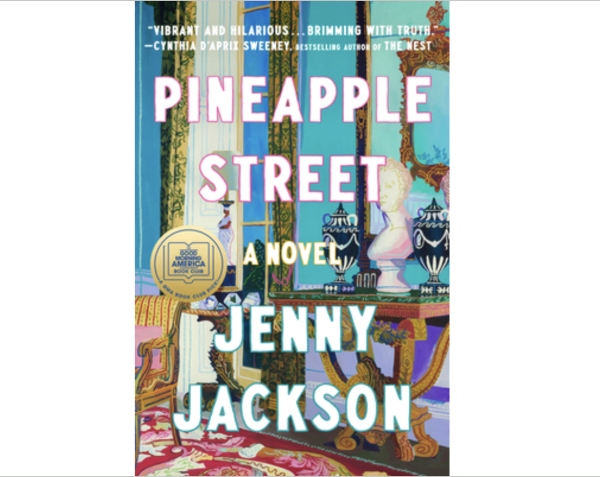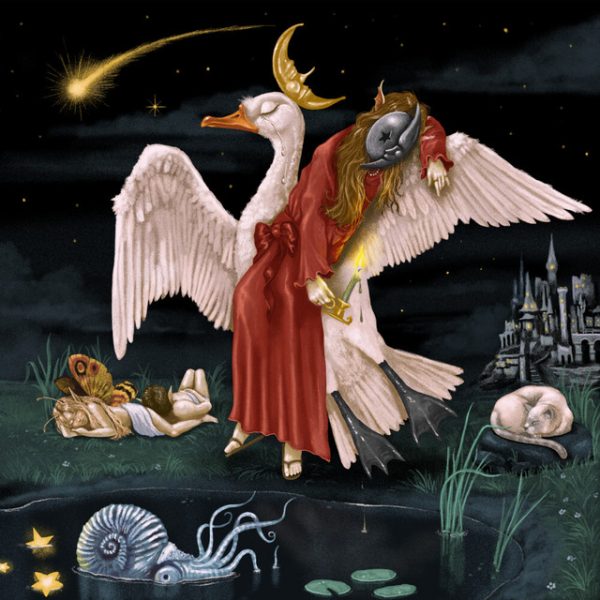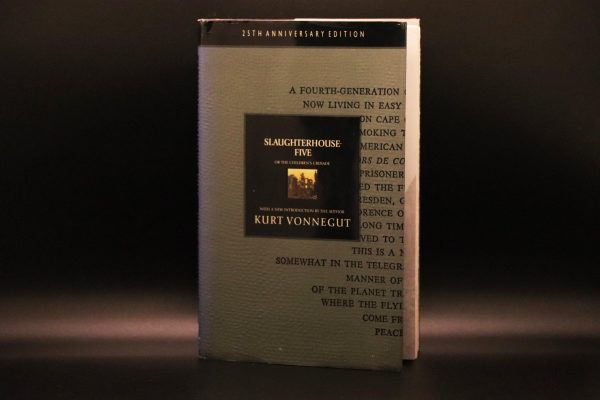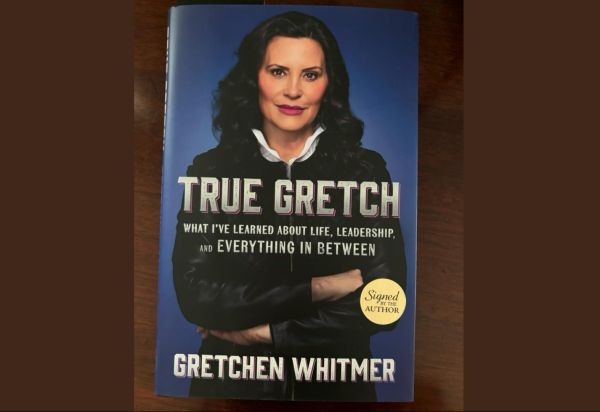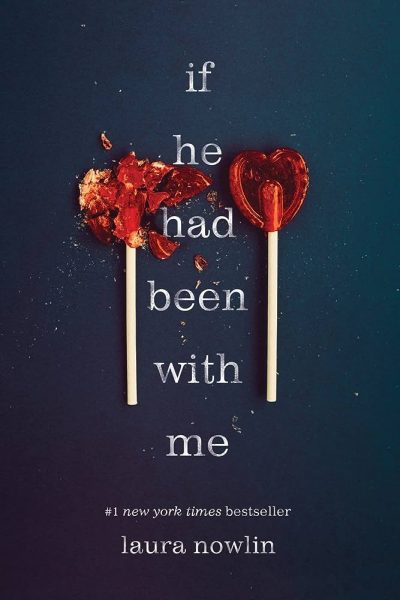“Dread Nation” by Justina Ireland
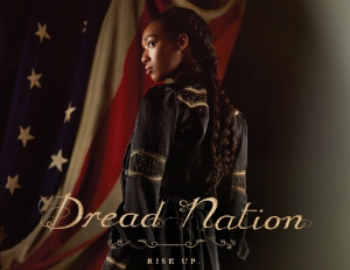
Opening “Dread Nation,” by Justina Ireland, I expected one of either two types of familiar story. Reading the summary on the back, I had seen the part about a “combat school” and “zombies” and instantly guessed that it was either something like Harry Potter, The Name of the Wind or one of many similar titles with some kind of fantastical school for a setting — or was a historical twist on a zombie thriller. But “Dread Nation” turned out to be so much more than a simple zombie thriller: Instead, it was a deep and vibrant story that discussed historical racial prejudices that are still relevant today.
“Dread Nation” chronicles the adventures of Jane McKeene, a student at Miss Preston’s School of Combat in Baltimore. There, she learns to fight the zombies — or “shamblers” — that rose up from the earth after the Battle of Gettysburg during the recent Civil War. Though learning at Miss Preston’s gives Jane a chance of a brighter future, she is not there entirely by choice: The Negro and Native Reeducation Act, passed in the wake of the shambler plague, requires African Americans, like McKeene, and Native Americans to attend these schools.
One night, the comfortable rhythm of Jane’s school routine is shattered. When she, fellow student Katherine Deveraux and ex-boyfriend Jackson Keats go out to investigate a local family’s mysterious disappearance, they find a sinister plot running through the very heart of Baltimore. They try to investigate, but quickly find themselves in over their heads when the mayor catches them poking around in his office. Instead of arresting them, though, he puts them on a train to a frontier town he calls “the future.” Its name? Summerland.
Upon arrival, however, the trio finds the town is only is only idyllic for a few — the rich white families who live over on one side of town. For the African Americans, forced daily to keep the town safe with inadequate weapons and fed inadequate amounts of food, Summerland is no paradise. And as Jane, Kate and Jackson delve deeper beneath the town’s veneer of civility, they find out the truth: Summerland is on the edge of destruction, and the country is slowly being overrun by the dead. But what can they do to stop the coming onslaught? Who would listen to them if they tried? And above all, who can they trust to help?
I really enjoyed this novel. I’m not a huge fan of thrillers, and I’m definitely not a zombie lover, but I liked the historical aspect of this story — the Civil War has always been a pretty big interest of mine — and how it gave the fairly standard zombie apocalypse idea a new spin. I also thought one of the main foci of the book — the racism towards African Americans during that post-Civil War era — was very well-written and represented. Racism is still very much alive today, so I felt this book dealing with it in a sort of historical context was good to have out there.
That being said, I did have a few issues with this novel. My main one was really development of the setting and background. I would have appreciated a little more context about the history of this zombie plague — I understand it’s supposed to be a mystery, but the idea that it just began one day at the Battle of Gettysburg is a little vague and unsatisfying for me. It might have been nice to learn a little more about where exactly it began, and also maybe a bit more about how the plague spread from just that one battle to across the entire nation. Also, later in the book, out of the blue a scientist in this frontier town tells the trio about how he’s figured out that the undead are changing tactics. To me, it feels a little too convenient that the town happens to boast this friendly scientist who’s genius enough to figure out something no one else in the country has.
I also feel slighted when it comes to one or two of the characters. For example, throughout much of the beginning of the book there’s an intriguing mercenary of sorts — a Native American named Daniel Redfern trained to fight shamblers. The characters have several interesting conversations with him; he reportedly saves the life of Jackson — but after a certain point he simply disappears and we never really hear of him again. For that matter, Jackson himself actually disappears for a long time, and I feel his long absence means that he gives us less character development.
“Dread Nation” should appeal to a variety of readers. Historical fiction fans should enjoy the historical setting and the references to major events in this nation’s history. Fantasy fans should enjoy the well-imagined fictional world, especially anyone who enjoys novels containing zombies or apocalyptic themes. Even if you don’t think you enjoy those genres, you should try this book. As a New York Times Bestseller, “Dread Nation” is an interesting and thoughtful read.
